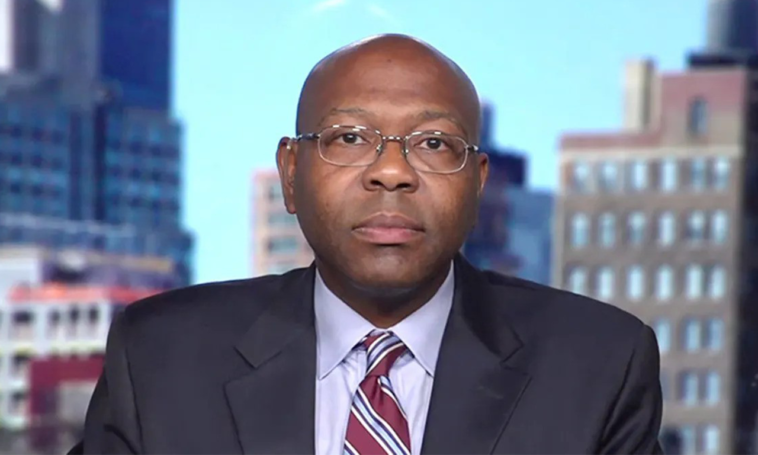Fatherlessness is one of the true root causes of crime in America. Recent academic research has focused on family structure and community safety. Wall Street Journal contributor Jason Riley examines how ‘fatherlessness’ affects crime and how two-parent households make cities safer.
Riley cites economist Melissa Kearney’s “The Two-Parent Privilege,” which shows how family factors affect societal inequality. The conversation highlights the often-overlooked link between fatherlessness and crime, calling for a more complete look at family structures and crime.
“Just role models. Fathers have taught their sons how to behave, carry themselves, and respect women throughout history.” Jason Riley
In an interview on “Sunday Night in America with Trey Gowdy,” Riley lamented the lack of family structure conversation in academics and society. He believes ‘fatherlessness’ is the primary cause of crime, finding links between fatherless children and substance misuse and jail.
Riley highlights that fatherlessness is more strongly linked to negative child outcomes than race, ethnicity, poverty, or money. The argument undermines narratives and rethinks crime prevention discourse.
By October 2023, the FBI’s 2022 Crime in the Nation data report gives quantitative context. Motor vehicle thefts are up over $20 billion, according to the research.
In response to Riley’s column, Gowdy emphasizes the significance of graduating high school, finding work, and waiting until marriage to have children to prevent poverty. Riley emphasizes that this perspective does not victimize young moms but rather highlights statistical trends that help kids make educated decisions.
Riley recalls public awareness programs that were criticized for demonizing teen moms. He says the goal is to utilize statistics to promote good decisions, not morality.
Riley highlights fathers’ function as role models when asked about their importance in children’s lives. Riley believes fathers shape their sons’ behavior, demeanor, and treatment of women. Fathers as role models are essential to civilization through history.
While property crimes rose, FBI records showed a 1.7% drop in violent crimes. Homicides fell 6.1%, rapes 5.4%, and severe assaults 1.1% from 2021.
In conclusion, Jason Riley’s views highlight the often-overlooked link between family and criminality. The conversation challenges assumptions and promotes a more nuanced understanding of criminal behavior, emphasizing the importance of two-parent households in fostering safer communities.
Riley emphasizes a cultural shift in attention as the issue on ‘fatherlessness’ continues. Riley promotes empathy for single-parent households rather of stereotyping or blaming. Riley praises heroic single parents but notes that statistics show their struggles.
Riley uses examples from Mayor Bloomberg’s public awareness efforts. These commercials stressed the need of responsible decision-making, linking positive life outcomes to education, employment, and deferring childbearing until marriage. Riley said the goal is to give kids information that can improve their lives, not to shame or criticize them.
Riley’s findings urge a rethinking of crime prevention as property crimes rise. The FBI’s crime report shows a complex pattern of rising property crimes and falling violent crimes. This dynamic requires a diversified approach that targets both immediate criminal action and systemic issues causing these trends.
Riley’s findings call into question family assistance institutions, especially those for single parents. Mental health resources, education, and community support are crucial. Riley’s call for a sophisticated and empathetic response emphasizes the issue’s complexity and avoids blame games.
In conclusion, Jason Riley’s work on crime and family dynamics inspires a deeper look at social issues. Riley pushes for a societal responsibility to encourage strong family relations, creating safer and more equal communities by moving beyond stereotypes and blame.





Join the Community and Be a Part of the Conversation
You must be logged in or registered to post a comment.